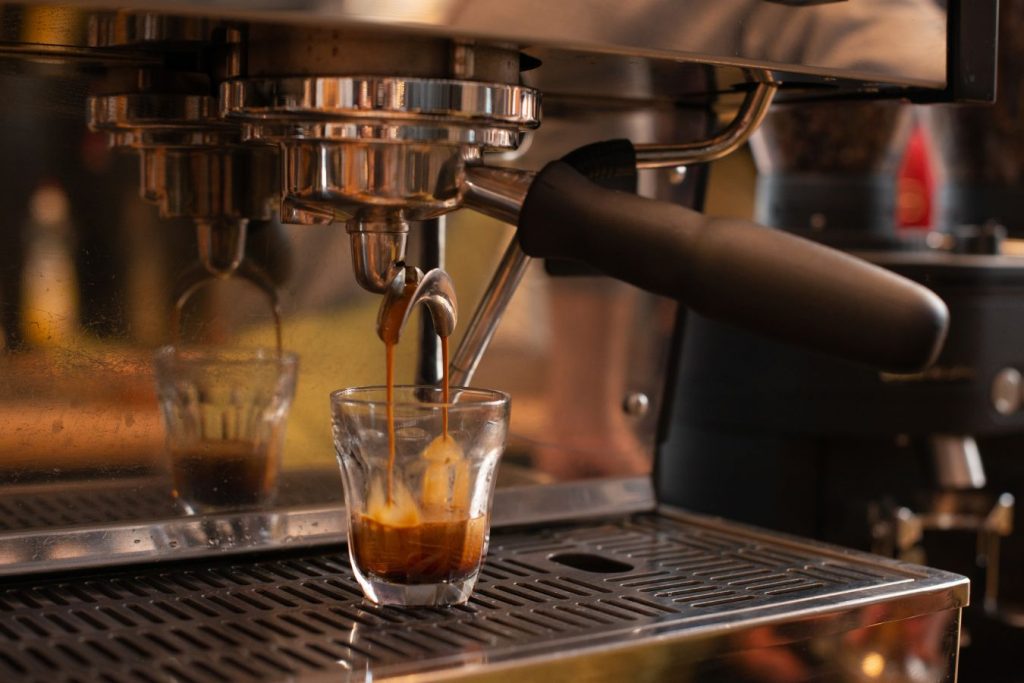Coffee, the drink we drink every day, is still passionate and perhaps addicted. With a vibrant aroma unique flavor with the complete form of bitter and sour-sweet. So, what makes it so strange? Let’s find out about Effect Of Water On The Quality Of A Cup Of Coffee.
Surprisingly, Espresso is based on the principle: boiling water passes through the coffee powder, is finely ground, compressed under high pressure, for a short period of 15-20 seconds, and removes the dissolved solids obtained from the coffee powder, forming a product called Espresso.
And, in that mixture, water accounts for 98-99% of the finished product. Therefore, the water quality used to make pile coffee plays no small role in determining the taste and quality of a natural coffee cup.
Effect Of Water On The Quality Of A Cup Of Coffee
It can be said that water is an indispensable factor for a standard pure coffee. However, few people know that the type of water and the ingredients in the water significantly impact the quality of our daily coffee cups.
Each coffee bean is not hundreds of different substances. These precious ingredients depend on the coffee variety and how it is roasted. The taste of each cup of coffee determines the quality of the beans extracted from the water.
The water composition is the critical factor determining the percentage of sugar, starch, bazo concentration, and afternoon acids produced from each pure coffee bean. The water for making coffee must be colorless and odorless.
The content of chemicals, salts, and metals are factors that affect the preparation of a cup of coffee that we may not feel with our eyes or taste buds. In some places, the water is clean and soft, but there are also places where the water is hard and contains certain chemicals such as chlorine or ammonia.
If the water is hard, the compounds in the coffee are not extracted. Similarly, suppose the water is too soft, or the minerals have been removed. In that case, it will cause the substances in the coffee to be pulled too much, and some ingredients are dissolved, causing the coffee taste to be affected unwantedly.
A quantity commonly used to describe water quality and the rate of coffee extraction is TDS. TDS means Total Dissolved Solids, total mineral content, salts, and metals dissolved in a unit of water volume.
Amount of Water in One Cup of Espresso
According to the WHO, clean water for human use is 50mg/liter of water. In Espresso, a standard cup of coffee will be between 1.2 and 1.45% of TDS. The rest is water.
According to the SCA sub-standard of the World Specialty Coffee Association, the TDS standard is 150mg/l. The range is 75-250mg/l. The concentration of extracts is the percentage (%) of the total dissolved solids (TDS).
Typically, an espresso has concentrations between 7% and 12%. That means that the coffee is 93% to 88% water. The rest are coffee compounds. This rate is only between 1.2% and 1.8% for conventional brewing methods such as Pour Over.
So, besides investing in professional coffee machine equipment, pay special attention to the quality of your water source. The use and advice on water purification equipment in making coffee are essential. It determines up to 99% of the quality of your coffee.
More: What Is Weasel Coffee?

